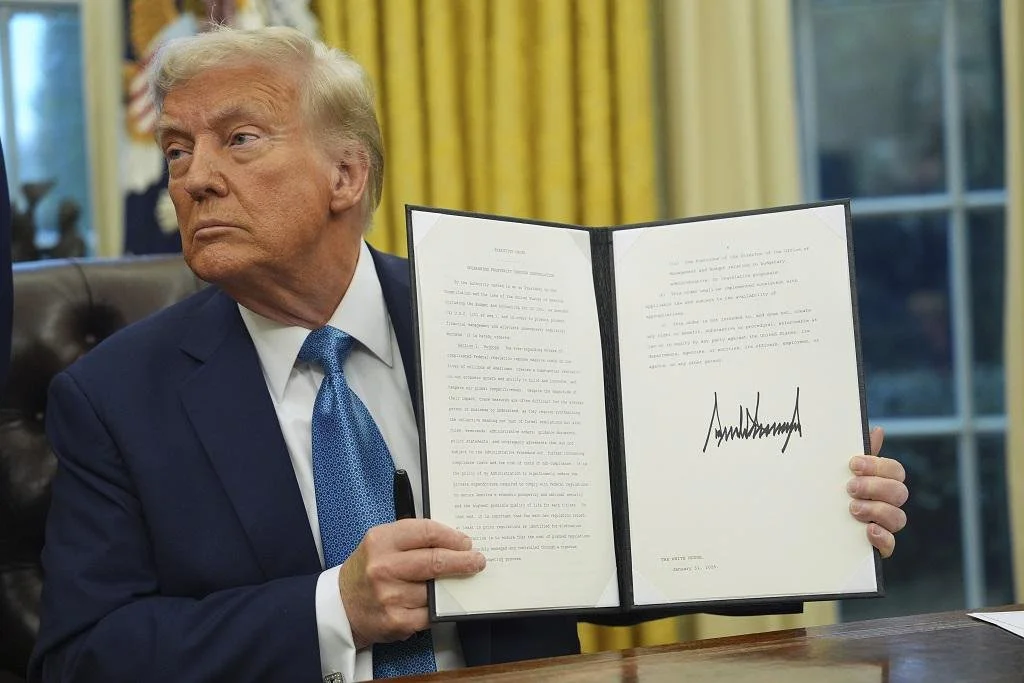On the perils of running a feel-good tour of America when the country is down in the dumps.
To hear President Biden tell it, everything is going great. G.D.P. is up, the deficit is down. Semiconductors are being made in the U.S.A. again. Bridges and tunnels and roads are being fixed. There’s even, unlikely as it sounds, a manufacturing boom. During an appearance on Wednesday in Pueblo, Colorado, Biden touted all he’s done for that corner of southeastern Colorado. The event was held at a wind-turbine factory, where eight hundred and fifty new jobs had been created courtesy of his signature Inflation Reduction Act. Funding from his beloved infrastructure bill had brought in a new water pipeline to serve fifty thousand people and affordable high-speed Internet for local Native American communities. In theory, this was an official Presidential appearance; in practice, it had the feel of a campaign rally as Biden mocked Republicans for voting against all these good works—and then claiming credit for them anyway. Lauren Boebert, the district’s far-right representative, he said, is “one of the leaders of this extreme maga movement,” who called the Inflation Reduction Act a “massive failure.” “You all know you’re part of a massive failure?” he asked sarcastically, to laughs and cheers.
The speech was the latest in Biden’s nationwide “Bidenomics” tour. Since June, in dozens of appearances, he has trotted out variations on the celebratory message that his Administration has, against the odds, managed to revive the economy after the disruptions of the pandemic. “Bidenomics” banners festoon his appearances—they were hung on stage at the Colorado factory—and the slogan appears on the White House’s Web site when Biden’s speeches are live-streamed. “Folks, things are changing,” Biden proclaimed in Colorado. He concluded his pep talk with a vow: “We’re moving, folks. We are moving, and no one’s going to stop us.”
But there’s a problem. Bidenomics, at least as a political slogan, is a bust. The concept grew out of a classic Washington lament: We’ve done so much—if only the voters knew about it, surely we’d get credit. The experiment, however, has not worked.
The full article can be read at The New Yorker.




